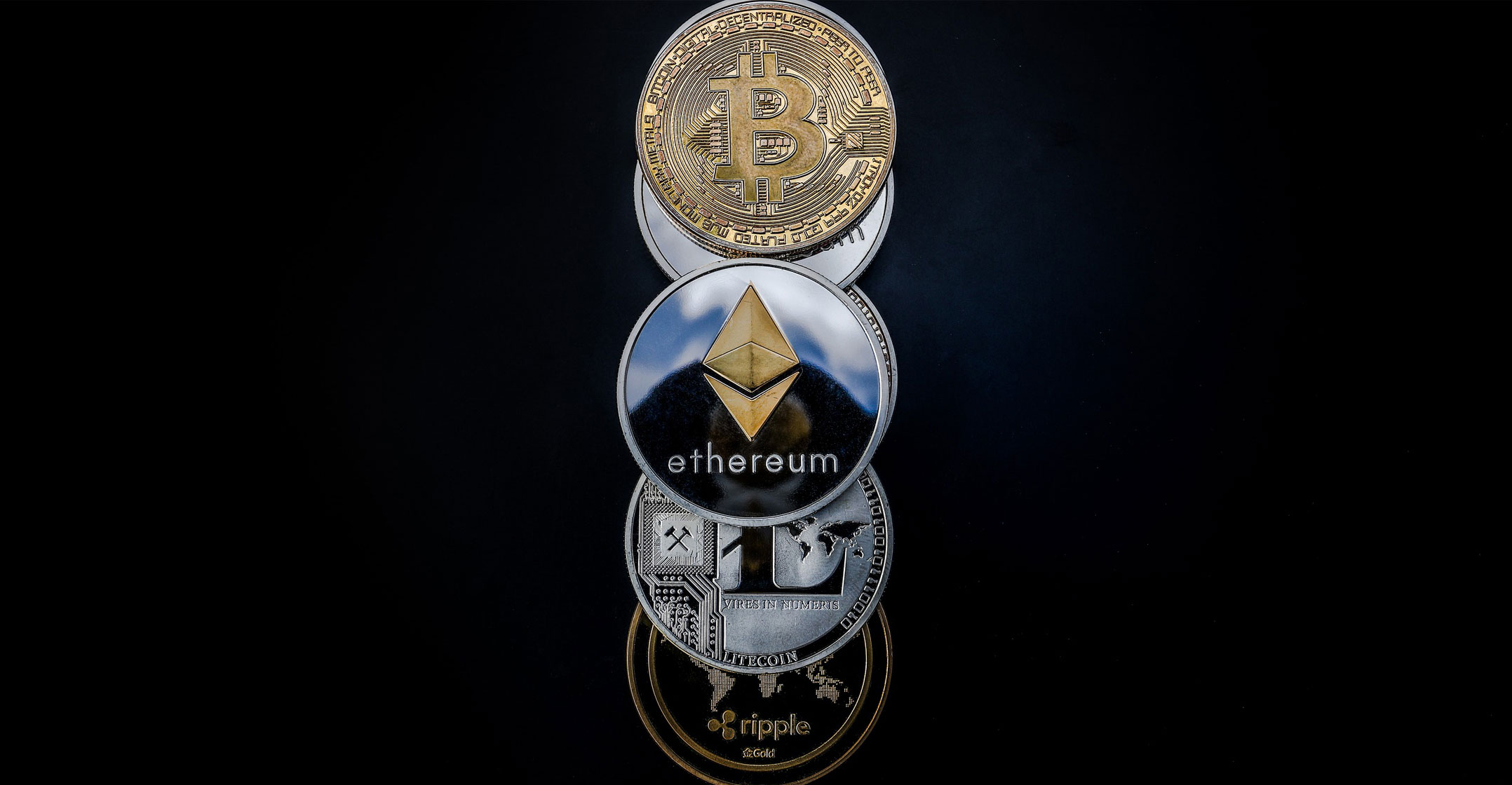
Like politics, religion and economics, money is a social construct.
Money is no more than a collective system of trust. If you sell a bicycle for R500, you trust that the R500 cash the buyer gives you will be fungible for food or electricity or another bicycle.
If the buyer offers you an IOU, you’d be a lot more reluctant to conclude the transaction, especially if they were unknown to you.
You’d be equally reluctant to accept R500 worth of gold, not least because of the requirement to weigh, value and validate the quality and authenticity of the gold.
For the same reason, unless you are familiar with the crypto world, you’d be reluctant to accept bitcoin, in part because you wouldn’t know how to transact in it or what to do with it.
Crypto assets must earn their place to be widely trusted and thus adopted. Until each coin or token reaches that point, they will remain peripheral in the currency environment. While we are ready to accept banknotes, electronic funds transfer or card payments without question, only a tiny (but rapidly increasing) proportion of the world is ready to accept any of the leading cryptos, never mind the 1 500 others on the market.
The history of money is not as straightforward as it may appear. The earliest forms of exchange were barter systems, but these were not money systems. Money systems consist of two types: money of account (ledgers, the earliest known of which was the tally stick dating back 30 000 years) and money of exchange ( tangible media of exchange). Representative money, essentially claim certificates against deposits in commodities, were widely used in the ruling authority’s warehouses of China, India, Babylon and Egypt.
The earliest recorded instances of numismatic money include the Zhou Dynasty’s small bronze spades and knife money (c 650–400 BCE) and the Greek bronze drachm coin (c 700 BCE). What is common throughout history since barter and gift economies is that money has been centrally issued and controlled. Whether by the monarchy, the church, the emperor or the state, centralised authorities have always controlled the means by which humans exchange goods and services.
Centralised control
The key word here is control. Centralised authorities have used money systems to control their subjects throughout modern history. The English Crown, for instance, sold minted coins to its subjects for silver and gold — those minted coins of course being the only official medium of exchange.
Countless monarchs and emperors minted coins with which they paid their armies, in effect forcing the rest of their subjects, native and conquered, to accept them as legal tender. Harvard law professor Christine Desan goes so far as to posit that the underlying value of money to authorities, including the modern state, is violence. In her excellent book, Making Money: Coin, Currency and the Coming of Capitalism, she explains how compliance with the ruling elite’s imposed regulations is enforced through the threat of violence — ranging from physical punishment to incarceration.
When viewed through this lens, one begins to see the problem with the centralisation of money — from controlling money supply to enforcing its use and outlawing other options.

Technological leaps have always lead to significant shifts in power.
From the wheel to the printing press, the railroad to the Gatling gun, every leap has transformed societies and economies. The greatest beneficiaries are almost always private enterprise and nation states.
Enterprises have been built using technology in combination with legal rights granted by the authorities. It’s a win-win for both parties in a private pact.
Take, for instance, mobile network licences: state issued and state controlled. The early winners of licence bids have built massively successful companies, creating huge barriers to entry for competitors while increasing the tax coffers of the state in return. Has mobile technology benefited the man in the street? Unquestionably, but in a highly regulated market like South Africa’s, this comes at a painful cost.
Worse yet is a singular licence environment, such as the National Lottery, where one commercial party and national treasury benefit enormously. It is nothing less than a voluntary tax.
Every one of these thousands of examples concentrates significant wealth while trapping the middle classes in a lifetime of debt and the bottom of the pyramid in poverty. The social and political consequences of this are evident everywhere one looks.
What blockchain technology offers, for the first time in human history, is the decentralisation and distribution of resources and thus power. That doesn’t mean a more even distribution of wealth will necessarily follow. On the contrary, most blockchain initiatives only serve to repeat the pattern.
The so-called sharing economy of business models used by companies such as Uber and Airbnb are the potential successors to “GAFA” (Google, Amazon, Facebook and Apple), each of which is an example of technology serving a functional purpose but without broad economic benefits.
Equally so, the concentration of wealth in crypto-land is extreme. At present, 37 individuals own 30% of the 17m bitcoins in existence. The next 25% are owned by 100 individuals, while the last 5% are owned by a million people. The Gini coefficient in bitcoin is far greater than in the global economy. That may change in time should bitcoin become widely adopted — something I believe will occur — but the fact remains that for now the technology isn’t being used to address severe economic inequality. There are a few exceptions, such as projectUBU, but these are at early stage and untested at scale. (Disclosure : the author is the CEO of Project Ubu.)
Free markets
In the blockchain and crypto spaces I inhabit, there is a great deal of talk about how the tech can deliver greater economic access, but it is overwhelmingly talk. The clear majority of crypto projects are little more than get-rich-quick schemes that are pure copycats of successful players and add no value to anyone.
The beauty of free markets is that these will fail — in a network economy, which the world is being rudely dragged into, mostly unwillingly by the entrenched players — the successful and sustainable entities will always be the ones that add real value. People vote with their attention. Choice becomes real, multitudinous and accessible at a scale and pace never previously imagined.
Ordinary citizens are becoming their own banks, generating income out of underutilised assets from computer storage to bandwidth to motor vehicles and spare bedrooms. Sooner or later someone, hopefully many more than one, will devise ways in which to distribute assets more evenly and provide access to the economically disenfranchised. It won’t be governments or NGOs. It will be private enterprises with a purpose, armed with incredible technology and completely unique business models.
The result? A more inclusive, stable and resilient global economy, part of which is out of the hands of regulators, power brokers and insatiable bad capitalism. It’s a win-win all around. The wealthy won’t be threatened, the middle classes will reduce their debt burden and the disenfranchised will have hope and access to marketplaces currently denied them. This opens the possibility of greater political, social and economic stability.
Who doesn’t want that?
- Justin McCarthy is CEO of Project Ubu
- Podcast: Interview | Behind SA cryptocurrency start-up Project Ubu




